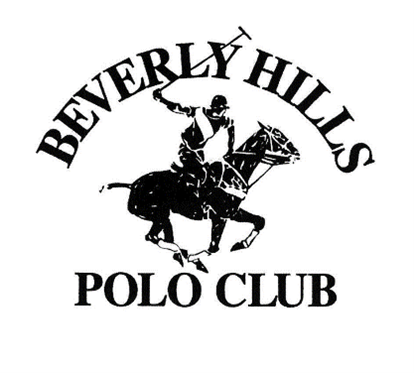A long-running trade mark dispute has finally reached a conclusion in the High Court, with the judgement delivered earlier this year. The case involved Lifestyle Equities CV, a licensee of Beverly Hills Polo Club, who had brought multiple actions against rival polo clothing brands, including our client, the Royal County of Berkshire Polo Club (RCB).
What did the trademark infringement consist of?
Claims of registered trade mark infringement were made by Lifestyle Equities, alleging that RCB’s logo (below, left) was confusingly similar to the logo of Beverly Hills Polo Club (below, right), and also that RCB’s logo took advantage of the reputation of the Beverly Hills logo. In addition, Lifestyle Equities alleged passing off by RCB, although the parties agreed that this would only be considered if there was first found to be registered trade mark infringement.


The approach taken by Lifestyle Equities appeared overly aggressive, naming 10 other individuals and companies as defendants in the case, while also claiming a “conspiracy to injure” by RCB, and this was criticised by the judge in the case deeming this to be “as oppressive as possible and not proportionate”.
The elephant in the room
Ultimately, the claims of infringement failed, with the judge noting that the primary point of distinction between the two was the names of the brands with no weight or distinctiveness being afforded to the horse and rider motifs or the words “polo club”. Consequently, the average consumer would make no link between the two logos.
A key factor in the decision made by the judge was the existence of a coexistence agreement in place between RCB and the “dominant” polo brand in the marketplace: Ralph Lauren. The dominant position in the marketplace held by Ralph Lauren’s polo brand significantly reduced the degree of distinctive character of the Beverly Hills mark.
Further, the coexistence agreement between RCB and Ralph Lauren, which was negotiated and put together by trade mark attorneys at Bailey Walsh & Co. LLP, indicated that Ralph Lauren considered its horse and rider motif to be sufficiently different from those of RCB and Lifestyle Equities such that there would be no confusion on the part of the average consumer. The judge considered this to provide a very useful and practical insight into the polo brand marketplace. In addition, further evidence compiled by Bailey Walsh & Co. LLP was key in showing the existence of other polo brands coexistence agreements.
The final outcome
As a result, the judge found there to be no evidence of confusion and the claim of trade mark infringement was dismissed, and consequently the remaining claims were also dismissed.
Despite the “overly oppressive” approach taken by Lifestyle Equities, the work carried out by attorneys at Bailey Walsh & Co. LLP was instrumental in ensuring a positive outcome for our client.
If you have any questions or would like further information regarding any of the above, or would like to understand how we could help you, please do not hesitate to contact us, either by email at mail@bailey-walsh.com or by telephone on +44 (0)113 243 3824.





